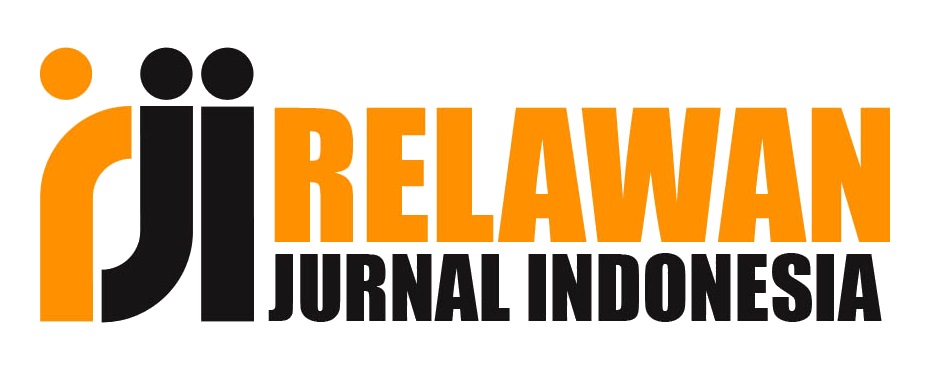Using Hello English to Improve Students’ Speaking Achievement at SMA Muhammadiyah Pagaralam
DOI:
https://doi.org/10.63324/jeit.1.2.2025.67Keywords:
Application, Hello English, Speaking AchievementAbstract
This research aims to determine whether or not Hello English can improve students speaking achievement. A quasi-experimental design of quantitative research was employed to conduct this research. The sample of this research consisted of 64 students from classes X IPS 1 and X IPS 3 at SMA Muhammadiyah Pagar Alam. Before the students used the Hello English application, the researcher gave a pre-test to the students to find out their prior knowledge. A post-test was given to all students to determine their achievement in speaking English. The t-test formula was used to analyze the collected data. Based on the findings of this research, the t-obtained value was 12.396, and the t-table value was 1.670. The result of this study showed that there were significant differences of students’ speaking achievement in experimental class after getting treatment from Hello English compared to students’ speaking achievement in control class (conventional method). Based on the result of statistical analysis the alternative hypothesis (hₐ), which stated that there was a significant difference in speaking achievement in teaching speaking by using Hello English to tenth graders at SMA Muhammadiyah Pagar Alam, was accepted. On the other hand, the null hypothesis (H₀) was rejected.
References
Ahmad, Y., Hussain, S., Mumtaz, U. & Riaz, S. (2025). Investigating the Influence of Duolingo, Elsa Speak, and Hello English Mobile Applications on Students Attitudes and Speaking Skills. Review Journal of Social Psychology & Social Works, 3(1), 640–669.
Brown, H. D., & Abeywickrama, P. (2004). Language assessment. Principles and Classroom Practices. White Plains, NY: Pearson Education, 20.
Creswell, J. W., & Creswell, J. D. (2017). Research design: Qualitative, quantitative, and mixed method approaches. Sage publications.
Hastomo, T., Sari, A. S., Widiati, U., Ivone, F. M., Zen, E. L., & Kholid, M. F. N. (2025a). Exploring EFL teachers' strategies in employing AI chatbots in writing instruction to enhance student engagement. World Journal of English Language, 15(6), 93–108. https://doi.org/10.5430/wjel.v15n6p93
Hastomo, T., Sari, A. S., Widiati, U., Ivone, F. M., Zen, E. L., & Kholid, M. F. N. (2025b). Does student engagement with chatbots enhance English proficiency? ELOPE, 22(1), 93–109. https://doi.org/10.4312/elope.22.1.93-109
Koesrini, J. & Kasimbara, R. P. (2022). The differences of learning outcomes (concept understanding and concept application) students through problem based learning and direct instruction learning strategies. Edukatif: Jurnal Ilmu Pendidikan, 4 (3). pp. 3781-3790. ISSN 265-8063; E-ISSN 2656-8071
Novalina, Z., & Sari, A. S. (2025). The use of give one, get one strategy to improve students’ reading comprehension in recount texts. JEIT (Journal of Educational Innovations and Technologies), 1(1), 75–87. https://doi.org/10.63324/jeit.1.1.2025.33
Sepahvand, H. (2014). The effect of oral reproduction of short stories on speaking skill in Iranian high school students (case study: khorram abad, Iran). International Journal of Science and Research (IJSR), 3(7), 1847-1851.
Simanjuntak, R. F., Prawati, A., & Masyhur, M. (2022). The effect of hello english application on speaking ability. Edukatif: Jurnal Ilmu Pendidikan, 4(6), 7415-7425.
Yuanita, S., & Nur Hidayat, S. (2019). The implementation of hello english application as English learning media to teach speaking skill in tourism major at the tenth grade students at smk negeri 1 karanganyar (Doctoral dissertation, Universitas Muhammadiyah Surakarta).
Zuhriyah, M. (2017). Storytelling to improve students’ speaking skill. English Education: Jurnal Tadris Bahasa Inggris, 10(1), 119-134.











